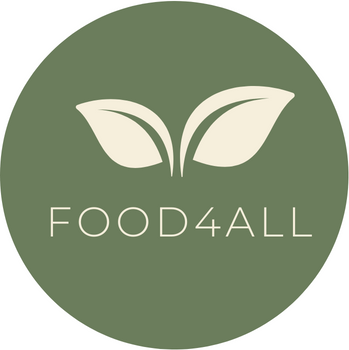Ensuring the safety of the food supply is a critical aspect of public health and the food industry. Due to the increasing number of food crisis and in view of the severe climate changes, various job opportunities may arise in the field of food safety. At the following paragraphs some of them are presented which although currently valid, they should always upgrade their knowledges so as to stay tuned with upcoming challenges in terms of food safety:
- Food Safety Specialist/Technician:
Responsibilities include monitoring and enforcing food safety standards, conducting inspections, and ensuring compliance with regulations at various stages of the food supply chain.
- Quality Assurance Manager:
Overseeing quality control and assurance programs, including the implementation of food safety measures, conducting audits, and developing and maintaining quality systems.
- Food Safety Auditor:
Conducting inspections and audits of food processing facilities, distribution centers, and farms to assess and ensure compliance with food safety regulations and standards.
- Regulatory Affairs Specialist:
Ensuring that companies comply with government regulations related to food safety, labeling, and product registration, and facilitating communication between the company and regulatory agencies.
- Microbiologist/Food Scientist:
Conducting research and analysis to identify and understand microorganisms in food, developing and implementing safety protocols, and contributing to the development of new food safety technologies.
- HACCP (Hazard Analysis and Critical Control Points) Coordinator:
Implementing and managing HACCP systems to identify and control potential hazards in food production processes, ensuring compliance with regulatory requirements.
- Food Safety Trainer/Educator:
Developing and delivering training programs on food safety practices for food handlers, industry professionals, and the public, promoting awareness and understanding of food safety principles.
- Public Health Inspector:
Inspecting food establishments to ensure compliance with health and safety regulations, investigating foodborne illness outbreaks, and educating the public about food safety.
- Food Safety Consultant:
Providing expert advice to food businesses on implementing and improving food safety systems, conducting risk assessments, and ensuring regulatory compliance.
- Supply Chain Quality Manager:
Managing quality control measures throughout the food supply chain, ensuring the integrity of the supply chain, and addressing potential risks to food safety.
- Food Safety Researcher/Scientist:
Conducting research to identify emerging food safety issues, developing new technologies and methodologies for food safety testing, and contributing to the scientific understanding of foodborne pathogens.
- Emergency Response Specialist:
Playing a role in crisis management and response during food safety emergencies, coordinating efforts to contain outbreaks, and developing contingency plans.
The above career opportunities can find application in various sectors, including government agencies, private industry, research institutions, and non-governmental organizations. The demand for professionals in food safety is driven by the increasing awareness of the importance of food safety, the globalization of supply chains, and the need to comply with stringent regulations to protect public health. Educational backgrounds for these roles often include degrees in food science, microbiology, public health, or related fields, and relevant certifications are often beneficial.
